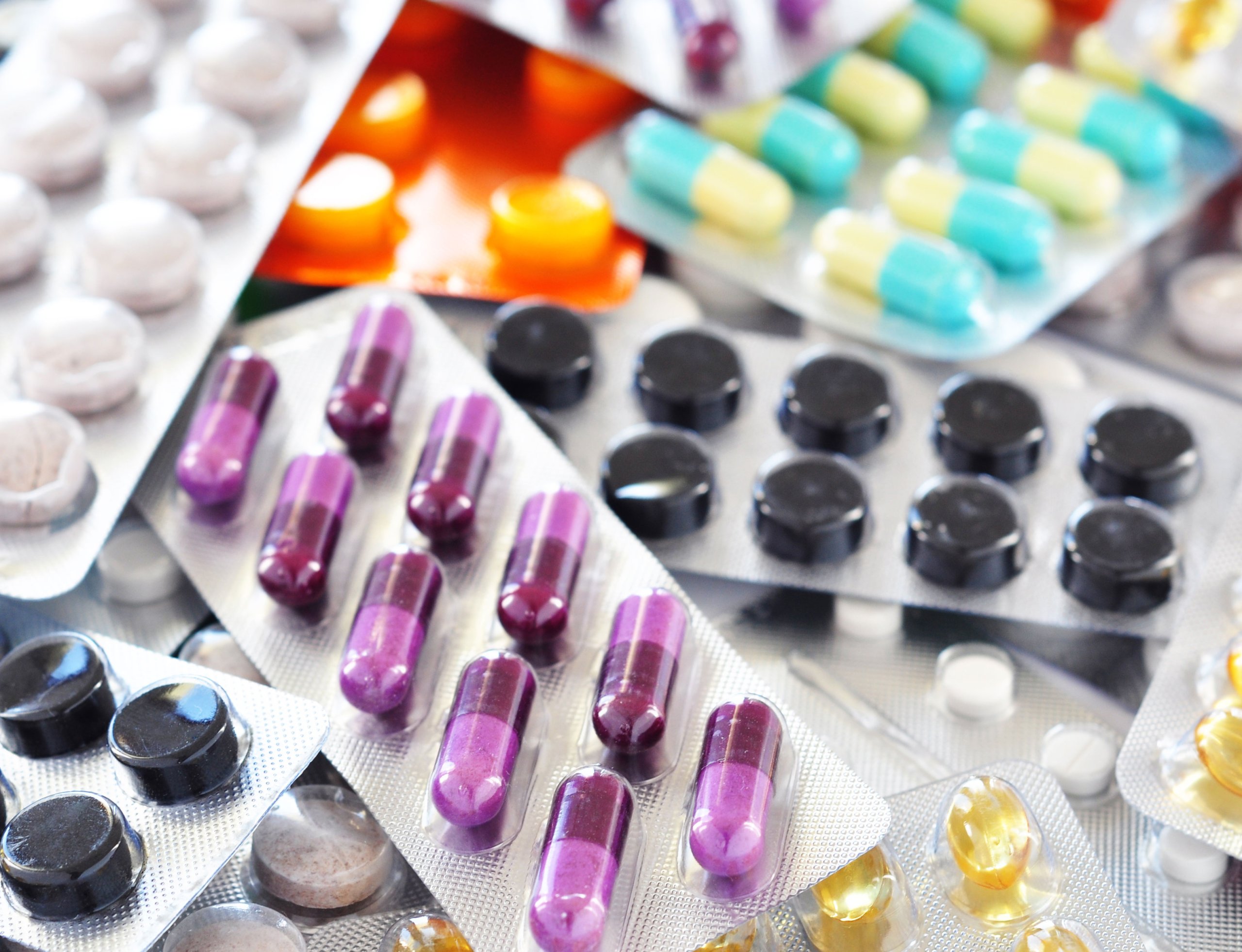What are over the counter drugs?
Because a doctor’s prescription is not needed, many people mistakenly believe over the counter (OTC) medications are safer than prescription and illegal drugs. They are safe and effective when taken as directed; however, OTC medications can cause serious and potentially fatal side effects when abused.
What do over the counter drugs look like?
OTC medications can safely treat a number of specific mental or physical symptoms. When taken in different quantities or when symptoms aren’t present, they may affect the brain in ways very similar to illegal drugs. An OTC medication can be abused simply by taking it in a way different than its directed use. Abuse is defined as:
• Taking a larger dose than prescribed.
• Taking the medicine in a different way than prescribed.
• Using the medicine for another purpose, such as getting high.
How are over the counter drugs abused?
For most teens, using OTC drugs to get a buzz or to help stay awake is not considered a problem. Every time an OTC medication is used for something other than what it has been developed for, abuse has taken place.
OTC medication abuse is common among teens primarily due to access. OTC medications are available everywhere, from the corner drug store to the family medicine cabinet. Some of the most widely abused OTC medications include dextromethorphan (DXM), pain relievers, caffeine/energy drinks, diet pills, laxatives/herbal diuretics, motion sickness pills, pseudoephedrine and herbals.
One of the most often abused OTC medications is DXM. This cough suppressant is found in numerous OTC treatments. One of the best known cold medicines containing this ingredient is Robitussin. This brand’s prevalence in medicine cabinets may explain why abusers have coined their misuse of DXM as “robotripping” or “tussing.” Other brands containing DXM are Vicks Nyquil, Vicks Formula 44, Drixoral and Coricidin HBP. DXM can be found in generic forms as well. Dangerous DXM practices include ingesting large doses and mixing the substance with alcohol or ecstasy. Teens organize entire “robo parties” around the dangerous practice of consuming DXM. This low-cost drug can be found in syrup or pill form and is commonly referred to as rojo, robot, skittles, vitamin D, triple C’s, syrup, robo, dex or tussin.
How do over the counter drugs affect a person?
OTC medication effects depend on the type and amount taken.
The effects of DXM use include mood enhancement (positive or negative), hallucinations, delusions, elevated body temperature, visual perception distortion, loss of motor controls and dissociative sedation. Under the influence, users might experience an irregular heartbeat, hypertension, abdominal cramps, itchy skin, extreme sweats, blackouts and an inability to move or speak. Telltale signs of use include dilated pupils, facial redness, slurred speech and uncoordinated “zombie-like” movements.
What are the health effects/risks of using over the counter drugs?
Few teens realize the danger of abusing OTC medications. Because they are so readily available, the risks associated with OTC drug abuse are given little thought. Health effects can vary as greatly as the types of OTC medications available. The risks increase significantly when OTC medications are used in combination with other illegal substances.
Chronic abuse of cold medicines containing DXM can lead to brain lesions causing damage to memory, cognitive abilities, and emotion well-being. Teens often forget many cough syrups contain ingredients other than DXM. Besides the danger of DXM in large quantities, these accompanying ingredients can produce liver damage, central nervous system toxicity, heart problems and increased blood pressure. Large doses of DXM combined with other drugs can result in coma or death.


